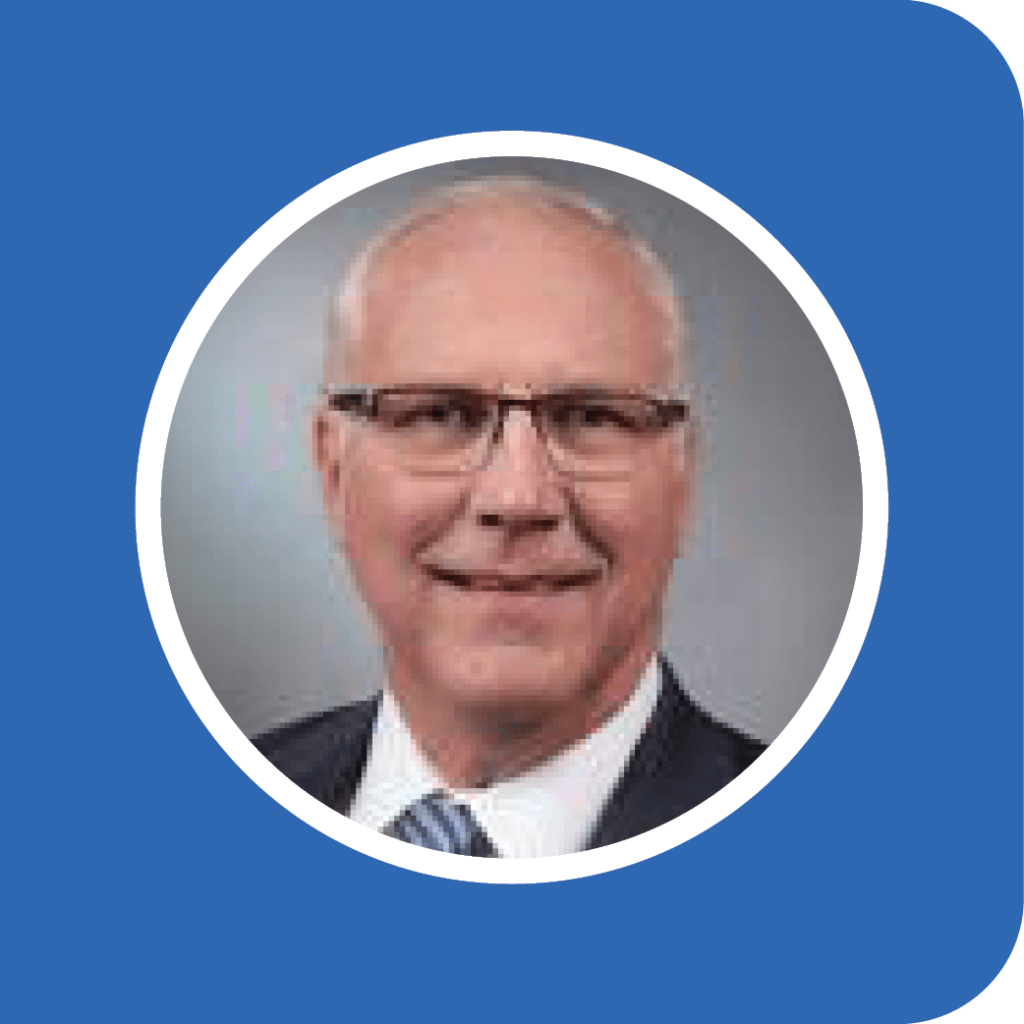 In the Lee’s Summit R-7 School District, we witness every day how providing access to learning changes lives.
In the Lee’s Summit R-7 School District, we witness every day how providing access to learning changes lives.
By: Dr. David Buck, LSR-7 Superintendent
Quality education supports the success of all students. It makes our community stronger too. Quality education ensures a qualified workforce. It minimizes poverty. It helps us maintain an informed electorate and builds strong community governance and partnerships. It helps our kids grow up to be adults we would be proud to call our neighbor.
The power of public education comes not just from our talented teachers and staff members. It also lies in the high standards and accountability measures that public education organizations are held to in order to ensure that we are achieving our mission of supporting the needs of all of our students.
Our school districts are accredited by the State Board of Education. Our assessments are standardized so that we can accurately measure our student growth and teaching practices. Our practices are audited and monitored by the Missouri Department of Elementary and Secondary Education. Various policies, laws and practices require that we uphold important principles such as fiscal responsibility, transparency, student safety and anti-discrimination in our educational environments.
These measures are not just in place to support and protect students, they are also in place to support and protect your tax dollars.
As public educators, our viewpoint on any legislative action that diverts public funds to non-public educational entities is simple. Public tax dollars should not fund educational programs that aren’t held to the high standards that public educators are held to every day.
And yet a few measures proposed in 2021 legislation would do just that, to the detriment of students, teachers and taxpayers throughout the state. Two such measures – charter school expansion and voucher tax credits – push tax dollars that normally would fund the operations of our schools to education groups that aren’t held accountable for how those funds are used or how their school environments serve students.
For example, private schools are not subject to the same state and federal laws and regulations that protect students from discrimination, hold districts to specific academic performance standards or require services such as transportation or special education. Yet, bills such as S.B. 55 and H.B. 349, include provisions that give tax breaks to private donors who fund a voucher tax credit program that can be used to attend charter schools, private schools, home schools or virtual schools, and in doing so drain millions of dollars in general revenue that supports public school funding. A review of the Kansas City Public Schools and Charter Schools system shows that funds do not make it to the classroom at the same rate as here in Lee’s Summit because of the inefficiencies created by a charter school system.
Charter schools represent a similar lack of accountability in that they operate millions of taxpayer dollars without the accountability of a locally elected School Board, and aren’t subject to policies or laws that ensure those funds trickle down to students. That’s why LSR-7 supports legislation that requires all charter schools and virtual programs to be held to the same standards as public schools, with accreditation status and funding falling under the jurisdiction of the local school district.
There are many wonderful private and charter schools throughout the state that share in our collective mission of creating bright futures for our youth. We are grateful for our partnerships with all educators in the Lee’s Summit community.
We believe that our community and taxpayers when public schools are fully funded and taxpayer dollars support education programs held to strong accountability standards.
This is how we promote fiscal responsibility, maximize learning for all students and continue to support the development of our community’s greatest assets: our youth.
Advertisement

 COVID-19 taught us that a one-size-fits all education system only works for some.
COVID-19 taught us that a one-size-fits all education system only works for some.
Mike Cierpiot, Missouri State Senator, District 8
The Missouri Senate is considering legislation to empower parents to have more control over the education of their children. This includes important efforts like charter school expansion and scholarships to low income or special needs students to flee school districts that are not meeting their needs.
These efforts threaten the monopoly that exists in public education, but if schools are doing a good job meeting the needs of local children, there should be little to no negative impact. This is critical, it takes a large critical mass of very unsatisfied parents to create a Charter School.
We have great schools in our area, but that is not the case for everyone. Some Missouri families are trapped in education systems based on their zip codes and because of financial challenges, they cannot move out of the neighborhood. The consequences of Missouri’s failing districts, particularly those in our state’s urban core, are costing all of us. Imagine the talent that is not being developed in these systems in addition to the human costs. An unskilled workforce, overflowing prison systems and social welfare programs are all growing burdens on Missouri taxpayers.
When a senior in high school cannot read or write, their career path is often very difficult.
COVID highlighted a huge disparity between those families that could afford education options and those that could not. When many public schools failed to reopen their classrooms, it caused a need to get creative to help parents get caught up.
Two proposals that I believe deserve full consideration are Missouri Empowerment Scholarship Accounts (ESAs) and charter school expansion.
First, in an ESA program, Missouri taxpayers give to a scholarship entity and receive a benevolent tax credit. The scholarship entities then accept applications from children in a school district not meeting their needs. Priority is often given to poor students and those with special needs. To qualify, students must be currently enrolled in a public school and wanting to go to a different district, charter, private setting. The state will not be providing scholarships to students already in private schools.
The state’s financial responsibility for the program, through tax credits, is funded by General Revenue. It is not financed by the state’s foundation formula (which is funded at 100%) that provides funding for public schools. These tax credit scholarship programs actually save the K-12 education system money. This is because every dollar going to Jefferson City as general revenue, about 32 cents won’t reach K-12 schools. But every child going onto the scholarship program will directly save K-12 the entire amount based on the state adequacy target.
Students will be tested each year to ensure their education outcomes are improving and families will be surveyed to ensure the program is meeting the family’s needs. Graduation rates and college attendance will be tracked as well.
Second, Charter School Expansion will allow charter schools to exist outside of the current geographic limits of St. Louis and Kansas City. A new charter school has just opened in St. Louis County, due to the chronic failure of the Normandy School District.
Charter Public Schools allow flexibility when it comes to the regulatory burdens on our education system. They are still held to the same accountability standards as their district counterparts. Their education delivery tends to be more innovative as well. In St. Louis and Kansas City, around 40% of students are enrolled in charter public schools. Charter schools typically outperform the local nearby school building, but not all charter schools are high performers. However, unlike district schools, when a charter school fails, it is closed.
In the future, parental pressure for educational options will increase dramatically if Missouri districts accept changes to curriculum some states are planning. Gender identity and critical race theory will drive many traditional values families out of the public schools.
I am a big believer in competition and the free market. If our school districts are doing a good job, they will not need to worry about losing students. When parents have options for their children, that means schools have to compete for kids and that makes things better for everyone.
